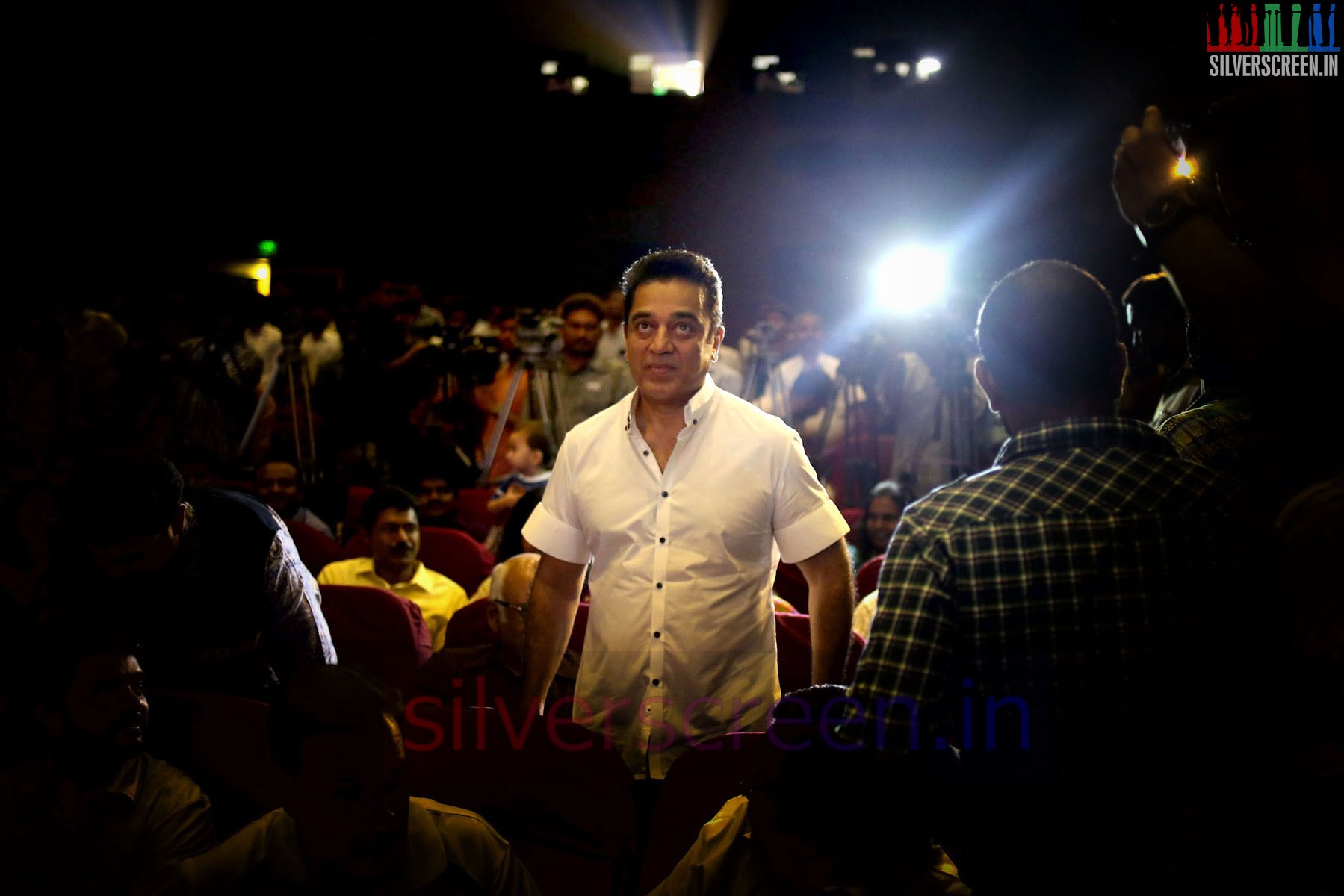Prince William and Prince Harry, members of the British Royal family, released individual statements on Thursday calling out BBC and its journalist Martin Bashir who interviewed their late mother Princess of Wales, Diana in 1995, after a report revealed on Thursday that the interview was acquired by deceit.
According to the Duke of Cambridge’s statement, “BBC’s failure contributed significantly to her [Diana] fear, paranoia, and isolation.” He added that if BBC had properly investigated the concerns first raised in 1995, “my mother would have known that she had been deceived”.
He further requested that the interview, which is available online, be taken off air immediately.
And Prince William's statement: pic.twitter.com/BGkp8kdNJz
— Isobel Frodsham (@isobeljourno) May 20, 2021
The statements followed after the release of the Dyson Report by the BBC, which was the outcome of an independent investigation into the circumstances that led to the 1995 Panorama interview with the late Princess of Wales. The interview stirred controversy after she opened up about her disintegrating marriage with Prince Charles, and said “there were three of us” referring to Camilla Parker Bowles, who later married Prince Charles.
According to the report by Lord Dyson, Bashir, who quit his job last week as BBC’s religion editor, had commissioned Matt Wiessler to produce bank statements and information, likely to be fabricated by Bashir, that showed certain transactions that involved Princess Diana’s brother Earl Spencer. It was through Spencer that Bashir was able to access the late Princess and set up the interview.
However, on the other hand, the report maintained that she was “keen on the idea of a television interview” and “was pleased” with it at the time.
Wiessler, a graphic designer who then worked freelance with the BBC, reported the incident to the organisation after watching the interview as he was “concerned that he might have played a role in obtaining the interview by deception,” the report stated.
The BBC board appointed Lord Dyson to lead the investigation on November 18, 2020. He examined documents and records from the time and interviewed several people involved in the making of the programme.
The report further stated that the broadcaster had set up an internal inquiry in 1996 in which Bashir initially claimed that he had not shown the documents to anyone, including Princess Diana, but admitted later that he had shown them to Spencer.
The BBC probe trusted Bashir after the Princess confirmed the same in a statement.
The report thus concluded that “without justification” the BBC “covered up… facts as it had been able to establish about how Mr Bashir secured the interview” despite the fact that Bashir “had lied three times when he said that he had not shown the fake statements to Earl Spencer” adding that those were “serious lies”.
Lord Dyson added that the BBC also “failed to mention the issue at all on any news programme and thereby fell short of the high standards of integrity and transparency which are its hallmark”.
Acceptiong Lord Dyson’s findings, BBC director-general Tim Davie said in a statement that the report had identified “clear failings”.
Recommended
Offering a “full and unconditional apology”, he said, “While today’s BBC has significantly better processes and procedures, those that existed at the time should have prevented the interview being secured in this way. The BBC should have made greater effort to get to the bottom of what happened at the time and been more transparent about what it knew.”
Princess Diana’s relations with the Buckingham Palace reportedly soured after the interview was aired.
As reported by BBC, Princess Diana’s former private secretary Patrick Jephson said that she lost “the royal support structure that had guided and safeguarded her for so many years” which “inevitably made her vulnerable to people who didn’t have her best interests at heart, or were unable properly to look after her”.



